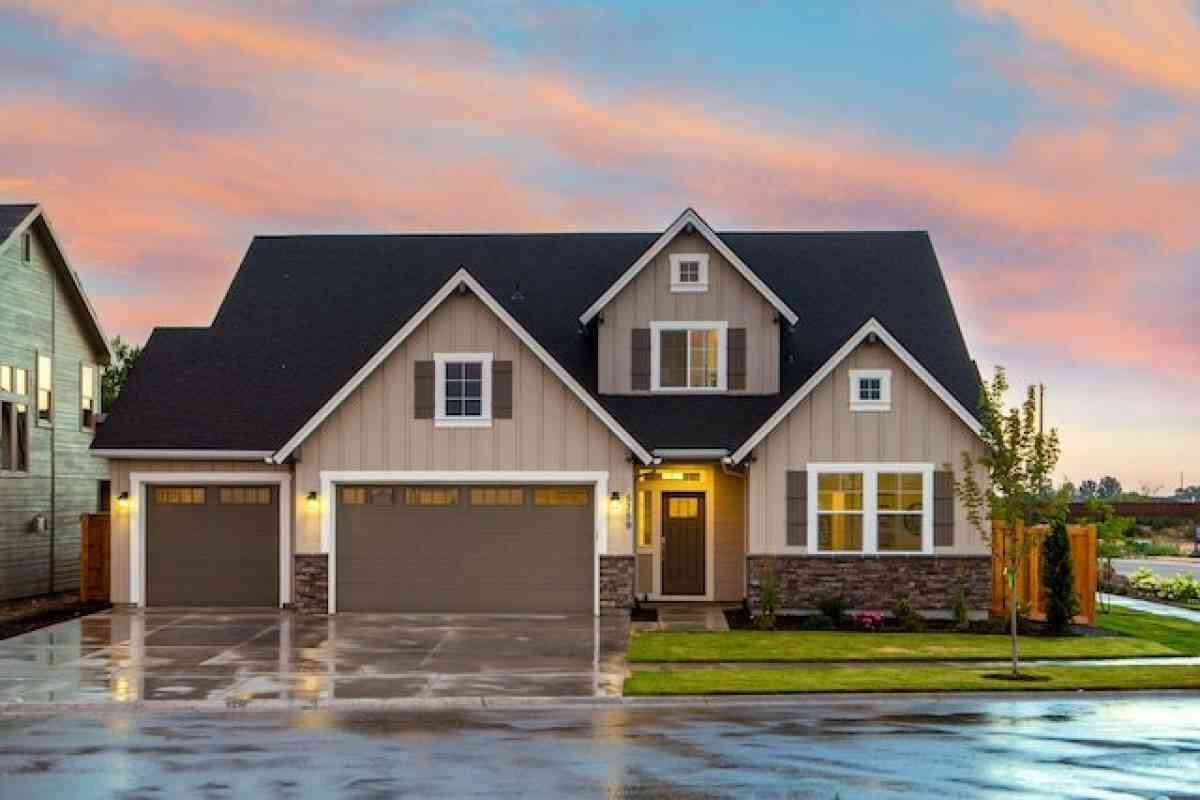5 Things To Inspect On Every Building Before Making A Purchase
- - Category: Real Estate
- - 21 Jul, 2023
- - Views: 348
- Save

Not all buildings are created equal, and you need to know what responsibility you're assuming when you buy a building.
Purchasing a building is a significant financial investment. Whether you're looking to buy a commercial or residential property, it is essential to inspect it thoroughly before making any commitments. Inspections can help you identify potential issues that may require costly repairs in the future. In this blog post, we'll discuss five things to inspect on every building before making a purchase.
Structural Integrity
It is essential to inspect the building's foundation, structure, walls, and roof. Look out for cracks, water damage, sagging walls, or leaning structures. These may indicate structural instability and may require costly repairs. While minor cracks in the walls may be easy to fix, a significant structural issue may require demolishing the entire building, causing significant financial losses. Hire a company, like Straight Line Construction, to evaluate the home's foundation and spot any issues.
Electrical and Plumbing Systems
Faulty electrical systems may pose a severe threat to occupants, and faulty plumbing systems can lead to water damage and mold growth. Inspect the electrical panels, wiring, and lights, and check for any outdated systems that may need to be upgraded. Similarly, check the plumbing system for leaks, water pressure, and the functionality of faucets and toilets.
HVAC Systems
The heating, ventilation, and air conditioning (HVAC) systems are essential in any building. Inspect the HVAC system's functionality, efficiency, age, and overall condition. Hire a licensed professional to inspect and service the system. A faulty HVAC system can result in high energy bills and discomfort to tenants.
Fire Safety Mechanisms
Verify that fire safety systems, such as smoke detectors, fire extinguishers, sprinklers, and fire escapes, are up to code and functional. An inadequate fire safety system can lead to significant losses in the case of a fire.
Zoning Regulations
Every area has specific zoning regulations that determine what you can and cannot do on the property. Inspect the property's legal background to ensure compliance with zoning regulations, building codes, and local laws. Verify whether there are any upcoming construction projects, school, or government institutions planned in the area that might affect your property value.
Before purchasing any building, be sure to inspect it carefully for structural integrity, electrical and plumbing systems, HVAC systems, fire safety mechanisms, and zoning regulations. A thorough inspection can help you identify potential issues that may require expensive repairs or result in significant financial losses. Hire a licensed professional to evaluate the building, and make an informed decision before making any commitments. Remember: prevention is always better than cure.

